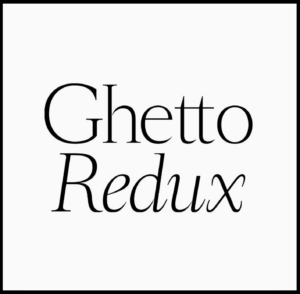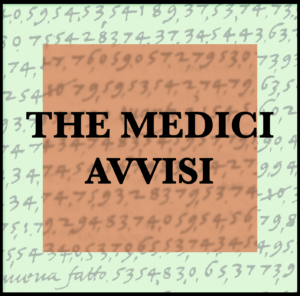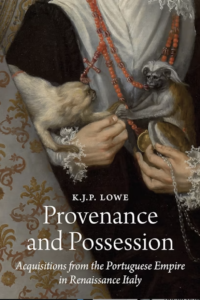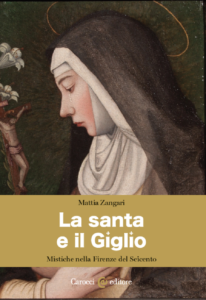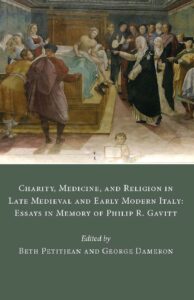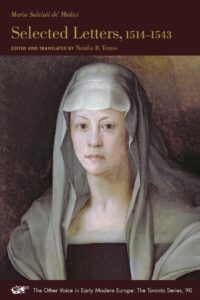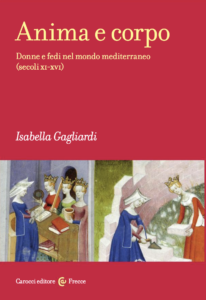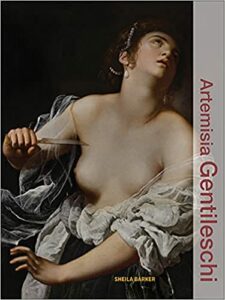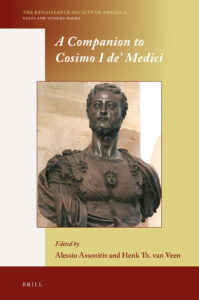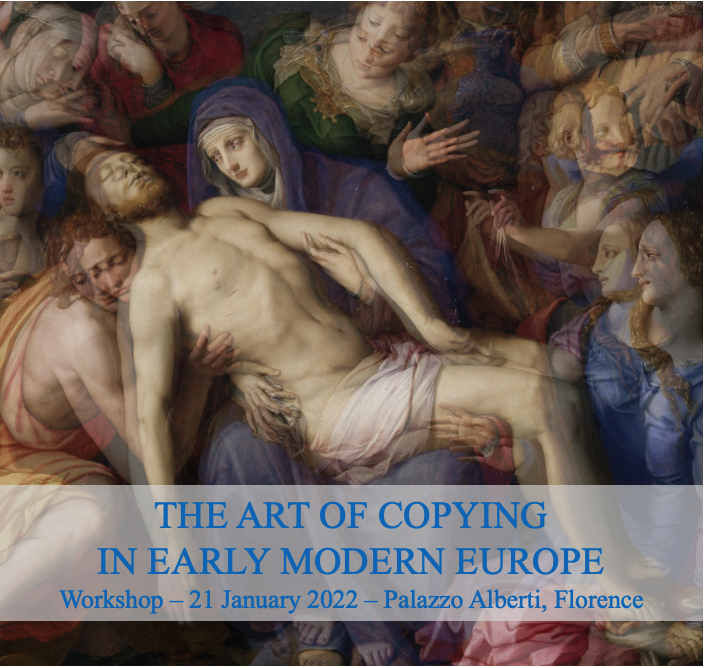
21 January 2022 – Palazzo Alberti
The Art of Copying in Early Modern Europe
WORKSHOP
Davide Boerio (Euronews Project, University College Cork)
Copying News and Coping with Information in the Early Modern Period. Archival Traces from Florence
Marta Ajmar (V&A Research Institute)
‘Copying’ Trans-Materially: Mimetic Earthenware and Cross-Technological Knowledge in Renaissance Italy
Bar Leshem (Negev University)
Transmedia Copying from Two-Dimensional Imagery to Cinquecento Carved Cassoni
Erin Giffin, (I Tatti, Harvard University)
“Violence and Votives: Recreating the Scratches, Fissures, and Detritus of Early Modern Sacred Imagery”
Marlise Rijks (Ghent University)
The Barbé Affair. Copying, Intellectual Property, and Printmaking as the First Modern Industry
Maria Pietrogiovanna (Padua University)
Compose and Copy to Glorify the Masters: The case of Anthony van Dyck and Titian
Sophie Suykens (Ghent University)
“Compertimenten ghemaeckt tot dienste van alle”: Creation and Application of Printed Frames in the Early Modern Period
Agnieszka Wiatrzyk (The Polish Library in Paris)
All Roads Lead to Rome. On Drawn and Copied Illustrations for Roman Guidebooks by G. A. Dosio and G. B. Naldini
Rebecca Arnheim (Boston University)
Inked Likenesses: An Album of Portrait Copies at Palazzo Pitti
Dániel Margócsy (Cambridge University)
Jacques Le Moyne de Morgues (ca. 1533-1588) and Picturing Plants in the Sixteenth Century
Shannah Rose (Institute of Fine Arts, NY University)
(Re)Mediating Illustrated Manuscripts between Colonial Mexico and Early Modern Rome
Alana O’Brien (La Trobe University)
Copying Andrea Del Sarto, pittore “senza errori”; Reproductive Prints in the Sixteenth and Early Seventeenth Centuries
THE ART OF COPYING IN EARLY MODERN EUROPE
In recent years, attention has been directed towards copies, with a particular emphasis on their meaning, function, provenance, production, patronage, collecting and dating. The aesthetic and conceptual tenets underlying this corpus of scholarly research focused primarily on works of art. However, this impulse to recreate images has also been transferred to other artistic and intellectual media. As such, the copy carries within itself a great number of intrinsic nuances, depending on the cultural context and the historical moment. The organizers of this workshop (Maddalena Bellavitis and Alessio Assonitis) invite papers that address issues that can shed new light and provide new interdisciplinary research trajectories on the mechanisms that regulate the practice and reception of copies. For this reason, we encourage submission for presentation proposals from disciplines such as book history, media history, history of science, history of medicine, history of food and history of diplomacy.
To be considered for participation, please provide a single document in Microsoft Word, consisting of a one-page proposal for a 20-minute presentation of unpublished work, followed by a short curriculum vitae. Presentations can be in Italian or English. Applications may be sent to education@medici.org by 1 October 2021 (participants will be notified in mid-October).



